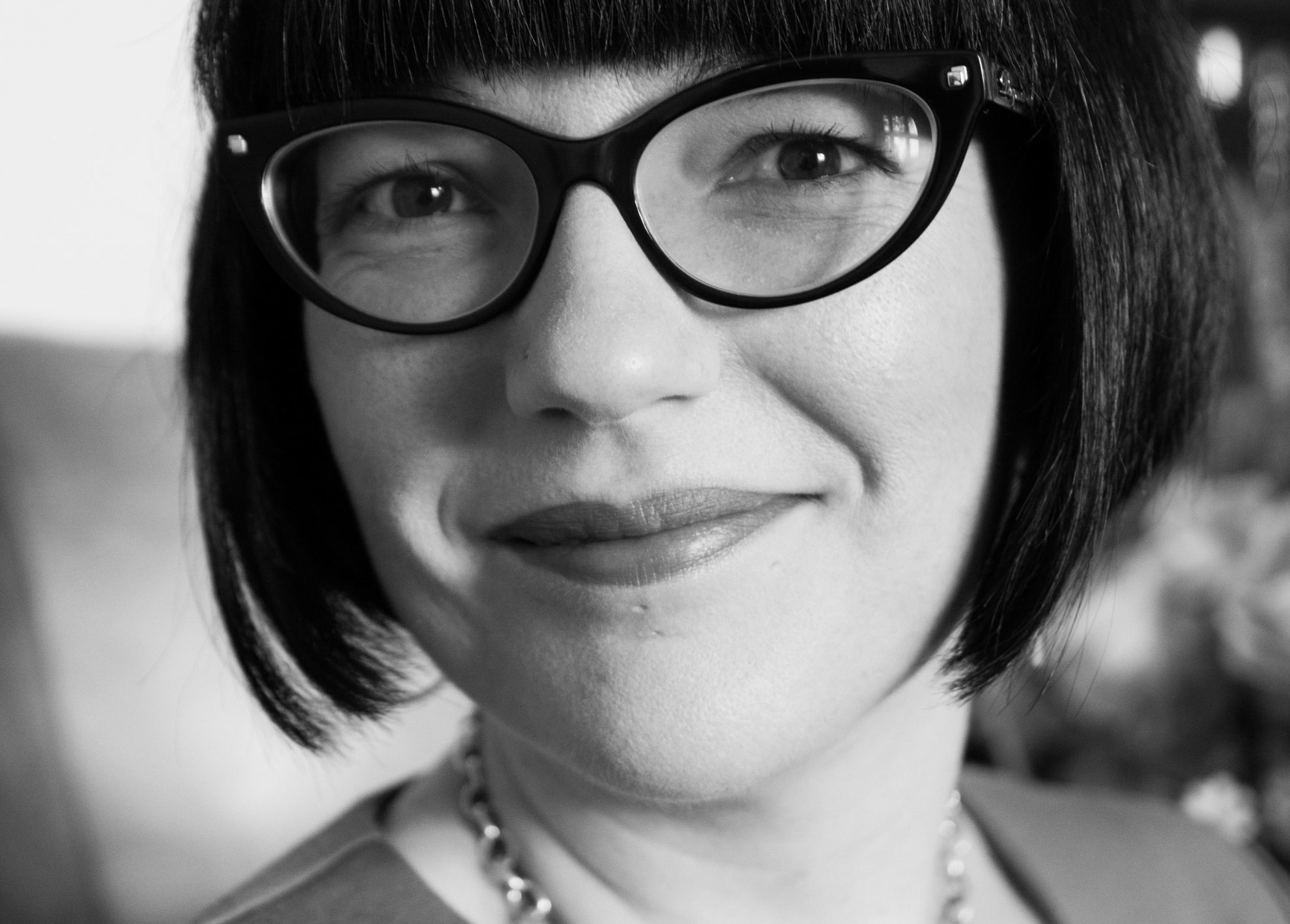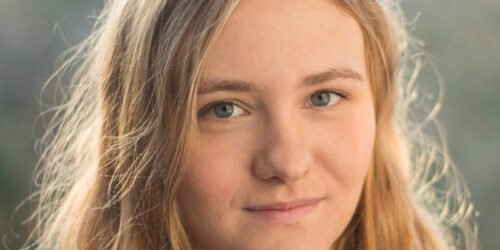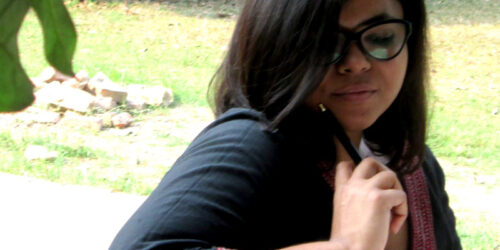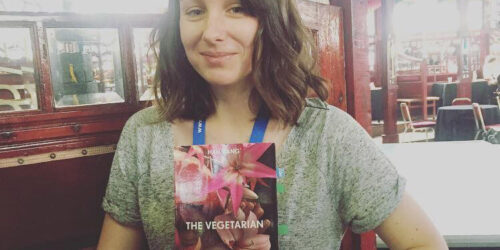
Alison McCullough is a Norwegian to English translator and writer based in Stavanger, Norway. Originally from a small mining community in the north of England, she holds a BA(Hons) in English Language and Literature from the University of Oxford and an MA in Film Studies from University College London. She has translated a broad range of texts across non-fiction and fiction for both adults and children and is also currently working on her first novel. Her translation of Theatre of the World: The Maps That Made History by Thomas Reinertsen Berg was published by Hodder & Stoughton in September 2018.
Tell us a bit about your experience of taking part in the NCW Emerging Translator Mentorship Programme?
When I applied for the mentorship programme in 2017 I’d been working as a Norwegian to English translator for around ten years, mostly with commercial texts. As someone who moved from the UK to Norway and picked up the language through working here and without any formal academic training, I’d never quite felt confident enough to try my hand at literary translation. Literature has always been my first love though, and when I came across the programme and saw that Norwegian was featured on the list of offered languages I immediately applied.
I was thrilled to be selected and to have the wonderful Kari Dickson as my mentor, and the programme kicked off at the International Translation Day event at the British Library. Here we had the chance to meet the other mentees and were given an introduction to the world of literary translation through a series of talks from experienced translators, editors and other members of the publishing industry. This was incredibly useful and a great way to meet new colleagues.
Kari and I then set up a plan as to how we would work together – she’s based in Edinburgh while I live in Stavanger, Norway, so we agreed to speak by telephone every few weeks or so, and between our conversations I’d work on a section of a translation for us to go through together. We looked at a wide range of extracts, including the piece I had chosen to translate for my application, from the beautiful Mother’s Gifts by Cecilie Enger, as well as other fiction of various genres and some non-fiction. Kari is a brilliant translator, and she helped me examine the reasons behind my choices when rendering the Norwegian into English. Of course, there’s never a right or wrong answer in translation, but Kari helped me hone my own personal sense of how to approach and interpret each text.
Not only did I benefit from Kari’s experience and skill – she was also generous enough to introduce me to her contacts in the Norwegian publishing industry, first by email and then in person when we met up in Oslo for a few days. By this point I had started creating samples of novels, children’s books and works of non-fiction for Norwegian agents and publishers, and it was great to be able to put faces to names and make those connections.
One of the samples I was asked to translate during the mentorship period was from Theatre of the World, a work of non-fiction about the history of maps by Thomas Reinertsen Berg. The English rights to the book sold to Hodder & Stoughton a short time later, who said they had enjoyed my sample and asked me whether I’d be interested in translating the whole thing. I went from never having worked on literary material to suddenly being offered a contract, which was exciting but also quite nerve-wracking – I certainly suffered from a bit of imposter syndrome at first. Having Kari there for advice and to give me confidence in navigating the process was a huge help, and the book was published in the UK and US this autumn.
Kari helped me hone my own personal sense of how to approach and interpret each text
What did you think of your time at London Book Fair earlier this year? Do you have any tips for anyone attending next year?
This was the first time I’d ever been to the London Book Fair. It was a great experience, if a little overwhelming at first – it truly is huge! But once you’ve found your way around it’s a good place to meet other translators and find out a bit about what’s going on in the translation community. Working as a freelancer can feel a bit lonely at times, so it’s nice to make the most of opportunities to meet others where possible. My top tips would be to have a look at what’s going on beforehand and plan what you’d like to focus on – I attended some really interesting talks and panel discussions at the Literary Translation Centre. And wear comfortable shoes!
What have you been working on since then?
All sorts of things! Being selected for the mentorship programme has completely transformed my career – in addition to Theatre of the World, this year I’ve translated all kinds of fiction samples, a book about Norwegian artist Edvard Munch that should hopefully be published in 2019, and am about to get started on another full-length work of non-fiction for a Canadian publisher in the new year. I’m loving every minute and have met many talented writers, translators and book lovers along the way. I never would have achieved all this without the support of the mentorship, and so I’d like to say a huge thank you to Daniel Hahn for establishing the programme, all the team at the National Centre for Writing, and especially Kari Dickson for all her generous help and support – det har vært en glede!
Do you have any advice for aspiring literary translators?
Read as widely as you can. Make connections with others to sustain you – there are lots of sources of information and support that can be found through various groups on social media, as well as at gatherings and events like the London Book Fair and ITD if you’re able to attend. Be aware of the many ways in which you can deepen your understanding of your source language and its culture, whether online or in person – all the years I spent translating marketing copy and annual reports to make a living might not always have felt like the most satisfying, but they taught me a lot about the language and culture of the country in which I now live, as did working with children in a kindergarten for a while! I’m very lucky that I happen to work from Norwegian – Norway has great sources of funding for the translation of Norwegian literature, but I know this isn’t the same for everyone and there’s still a long way to go in getting many underrepresented voices heard through traditional publishing routes. But don’t give up! Luck and timing play a big role, and the very act of translation itself can sometimes feel impossible – it is kind of impossible – but it’s also one of the most fulfilling ways I know of to spend my time.







